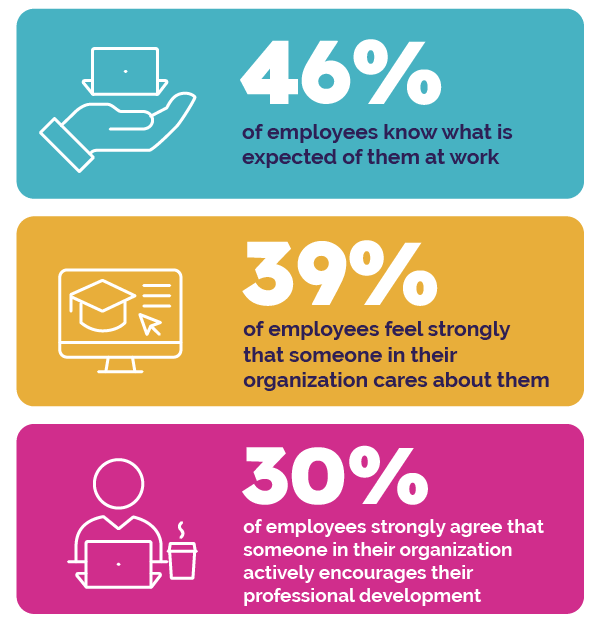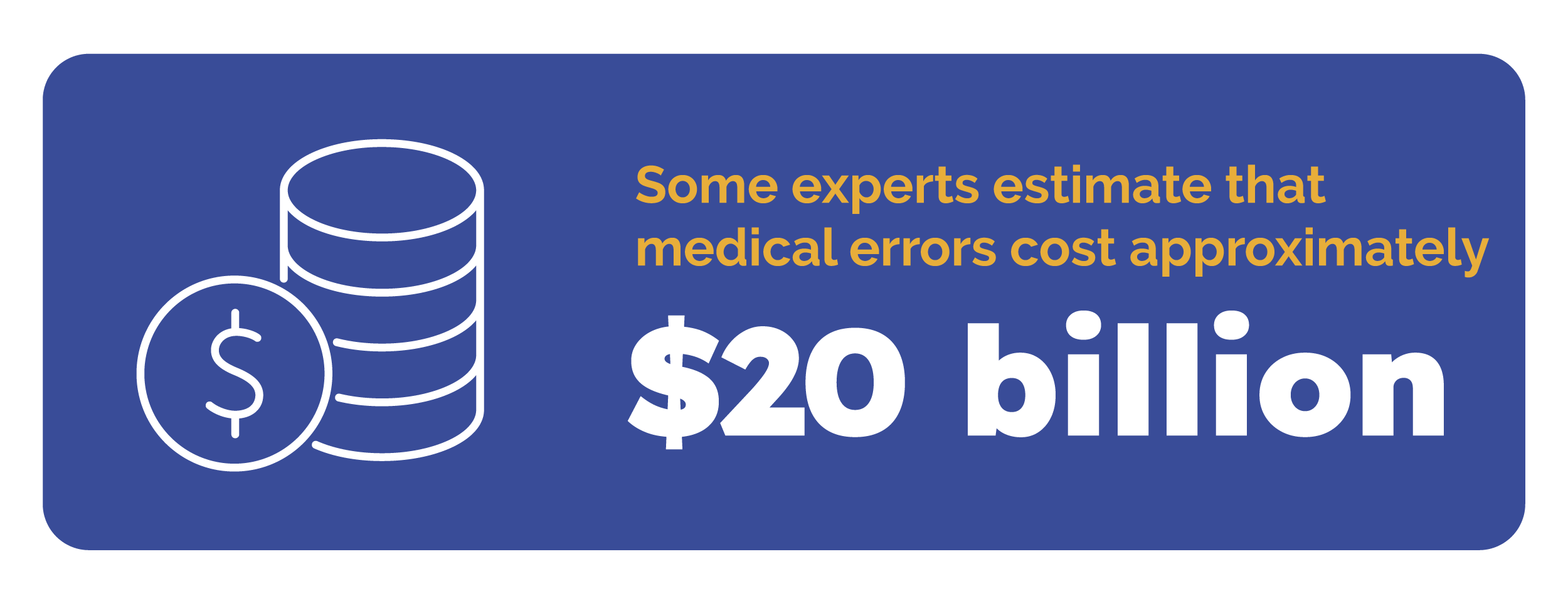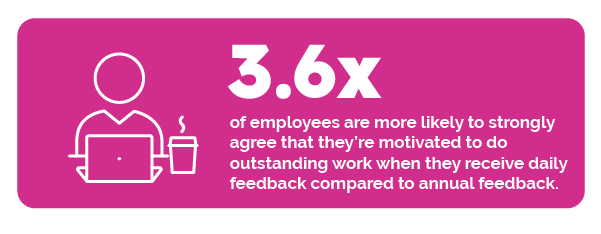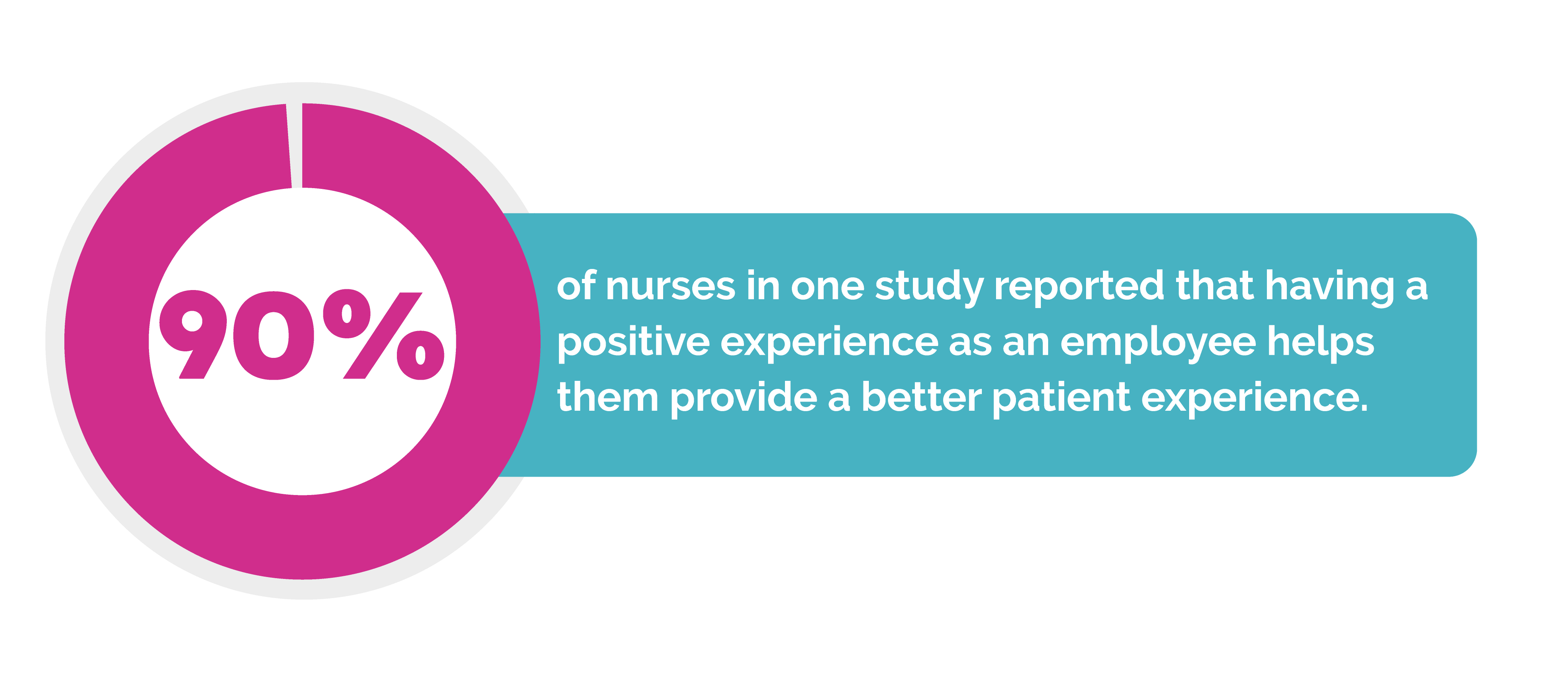Published: May 20, 2025Time to read: 8mins Category: Talent Management
7 Key Benefits of Using Talent Management Platforms to Improve Communication in Healthcare
Table of Contents
When healthcare systems have effective communication tools and workers strengthen their skills, your organization can better engage with its patients and improve overall outcomes. In this blog post, learn seven advantages to enhancing your healthcare workers’ communication skills with talent platforms.
Talent management platforms might not spring to mind when you’re thinking about improving patient outcomes, but they’re a critical tool for ensuring your healthcare workers have the necessary skills to treat their charges and avoid communication errors. According to The Joint Commission, about 67% of communication errors happen during handoffs (when medical providers exchange responsibility over a patient’s care). The accreditation organization also notes that communication failures are one of the leading causes of harmful medical errors.
While you usually can’t avoid patient handoffs, it’s entirely possible (and plausible!) to enhance your workers’ communication skills so they’re more likely to avoid making costly mistakes. Talent and performance management systems, as well as skills enablement platforms, can help your healthcare organization support its doctors, nurses, and other providers in keeping their communication skills current.
In addition to reducing miscommunication incidents during handoffs, improving communication skills can help your healthcare organization’s internal operations. Consider the following seven benefits of using a talent platform to enhance communication skills.
DISCOVER MORE SOLUTIONS | ‘What Is a Skills Enablement Platform, and How Does It Differ From Traditional Learning Technologies?’
1) Enhance the Quality of Patient Care
The care your organization provides its patients is directly tied to the effectiveness of your communication methods. Poor communication among care teams and healthcare professionals can lead to misunderstandings, delays in treatment, misdiagnoses, and other detriments that impede your healthcare system’s ability to deliver high-quality care. In contrast, effective communication tools and strategies help your healthcare workers find the right solutions and treatment options more quickly so patients experience better outcomes with fewer delays or mishaps.
2) Reduce Errors
Poor communication among care team members can lead to information gaps in a patient’s healthcare history that sometimes result in preventable medical errors. Informal or illegibly written medical orders can cause other members of a patient’s team to make mistakes. Implementing electronic communication methods and formal protocols can help healthcare providers avoid confusion and minimize medical errors.
3) Increase Collaboration
Streamlining communication among your organization’s providers will encourage more collaboration among healthcare team members. Physicians, therapists, pharmacists, and other healthcare workers need to share sensitive patient information and treatment recommendations swiftly, without violating compliance regulations. Communication platforms and other technologies make it easier for healthcare providers to share information and ideas in a secure and efficient manner that reduces friction between team members and promotes more idea sharing.
YOU MIGHT LIKE THIS RESOURCE | PeopleFluent Skills Management for Healthcare Product Sheet
4) Boost Employee Retention
When your employees feel informed and supported, they’ll be more likely to stay engaged with your organization instead of looking for new job opportunities. Unfortunately, research indicates that many employees are disengaging from their roles. According to Gallup:
- Fewer than half (46%) of employees know what is expected of them at work
- Only 39% of employees feel strongly that someone in their organization cares about them
- Just 30% of employees strongly agree that someone in their organization actively encourages their professional development
You can leverage your communication tools to improve employee engagement by delivering clear and consistent messaging that fosters a sense of belonging and helps your staff stay connected to the organization’s goals. Frequent check-ins and employee recognition can improve engagement levels, which in turn leads to greater employee retention rates.

5) Improve Efficiency
Improving communication improves organizational efficiency across the board. When doctors, nurses, and other healthcare professionals communicate effectively, they’re more likely to receive the essential information they need to treat their patients in a timely manner. This means they have more bandwidth to address other patients’ needs. Communication tools also better equip your healthcare workers to perform their job responsibilities to the best of their abilities.
6) Lower Costs
Some experts estimate that medical errors cost approximately $20 billion annually. These adverse medical events are attributed to a combination of mistakes, including:
- Communication errors
- Surgical errors
- Diagnostic errors
- Medication errors
- Equipment failures
- Patient falls
- Hospital-acquired infections
Improving your organization’s communication systems won’t stop an accidental fall, but it can prevent or minimize communication failures and related incidents. Reducing the number of communication-related medical errors will in turn lower your organization’s costs related to addressing these mistakes.

7) Improve Decision-Making Processes
When your healthcare staff have effective communication tools, they’ll be more likely to make more informed decisions that enhance patient outcomes. Electronic systems give everyone on the care team access to patient treatment updates and other important information that your employees will use to make decisions about which medications to administer, which tests to run, and whether there are any risks associated with certain treatment options that should be considered.
KEEP READING | ‘5 Ways PeopleFluent Helps Manage Skills Development for Healthcare Organizations’
The Importance of Communication Tools in Healthcare Organizations
Effective communication isn’t just about sharing patients’ medical information. Electronic Health Records (EHRs) are one of many essential communication tools your organization can (and should) use to ensure your patients receive top-quality care. Avoiding miscommunications between your providers and patients helps you maintain a positive brand reputation and deliver exceptional healthcare experiences.
However, you must also consider how your organization manages communication internally. Your internal communication strategies and the manner in which your leadership teams deliver feedback to employees impacts workers’ performance and productivity, which in turn affects your organization’s overall success.

Talent Management Platforms for Continuous and Real-Time Feedback
Talent and performance management platforms enable managers to share timely and relevant feedback with their direct reports. Your healthcare workers are likely to be more effective and engaged in their roles when they receive consistent, continuous feedback from their managers and leadership teams. Research from Gallup found that employees are 3.6 times more likely to strongly agree that they’re motivated to do outstanding work when they receive daily feedback compared to annual feedback. This is in part because more frequent feedback allows employees to adjust their behaviors quickly to better respond to their patients’ needs and improve their overall job performance.
LEARN HOW TO HELP YOUR EMPLOYEES SUCCEED | ‘Bridging the Skills Gap: 7 Proven Tips to Enhance Employee Development’
When hospitals, medical facilities, and healthcare systems rely on annual feedback conversations and surveys, their employees aren’t likely to connect that feedback with their day-to-day experiences. Instead of having “one and done” annual conversations, your healthcare providers and other employees are more likely to benefit from—and implement—more frequent feedback. This can be through informal conversations, but documenting frequent feedback with a talent management system gives employees and their line managers a record that can inform each worker’s continuous growth and development over time.
Talent management platforms can also be leveraged by your healthcare organization to elicit feedback from employees. Healthcare workers’ job experiences directly impact patient outcomes, so it’s important to understand how your workers feel about their jobs and your organizational culture. In one study, 90% of nurses reported that having a positive experience as an employee helps them provide a better patient experience.
Understanding your employees’ experiences and feelings about their work conditions and your organizational culture is essential to improving experiences for your workers and the patients in their care. A talent management platform gives your workforce a secure system for communicating their feelings and experiences. Once you have sufficient feedback from your workforce, you can identify the patient outcomes or other key performance indicators you want to improve. Leverage the information in your talent management platform to understand the overarching drivers that impact your employees’ experiences and work backwards to implement solutions that provide lasting change and improvements.

Reduce Risk Through Employee Engagement
Communication tools help your healthcare organization manage its daily operations, but they can also help you enhance employee engagement and reduce organizational risk. Modern communication platforms keep workers informed, connected, and engaged. When staff are fully informed of policies, procedural changes, and patient-specific information, they’re less likely to engage in risky behaviors that could lead to medical errors, misdiagnoses, and treatment delays. Leveraging your communication tools effectively can help you foster an organizational culture that supports workforce engagement.
You can also use your performance tools to facilitate real-time communication and provide personalized, role-specific information that ensures employees feel confident in their decision-making and care delivery. This not only improves patient safety but also reduces the risk of regulatory violations, helping you avoid costly penalties, legal action, and reputational damage.
Ensure Your Workforce Has the Skills It Needs to Give Patients the Best Possible Care
Download our ebook, ‘The Future of Healthcare: Bridging Communication Gaps and Boosting Employee Engagement,’ to learn more about how enhancing communication empowers your people to deliver top-notch patient care with a talent management tool. Need a talent solution? PeopleFluent Talent Management can help you streamline communication, improve feedback, and reduce risk in your healthcare organization. Request a demo today!